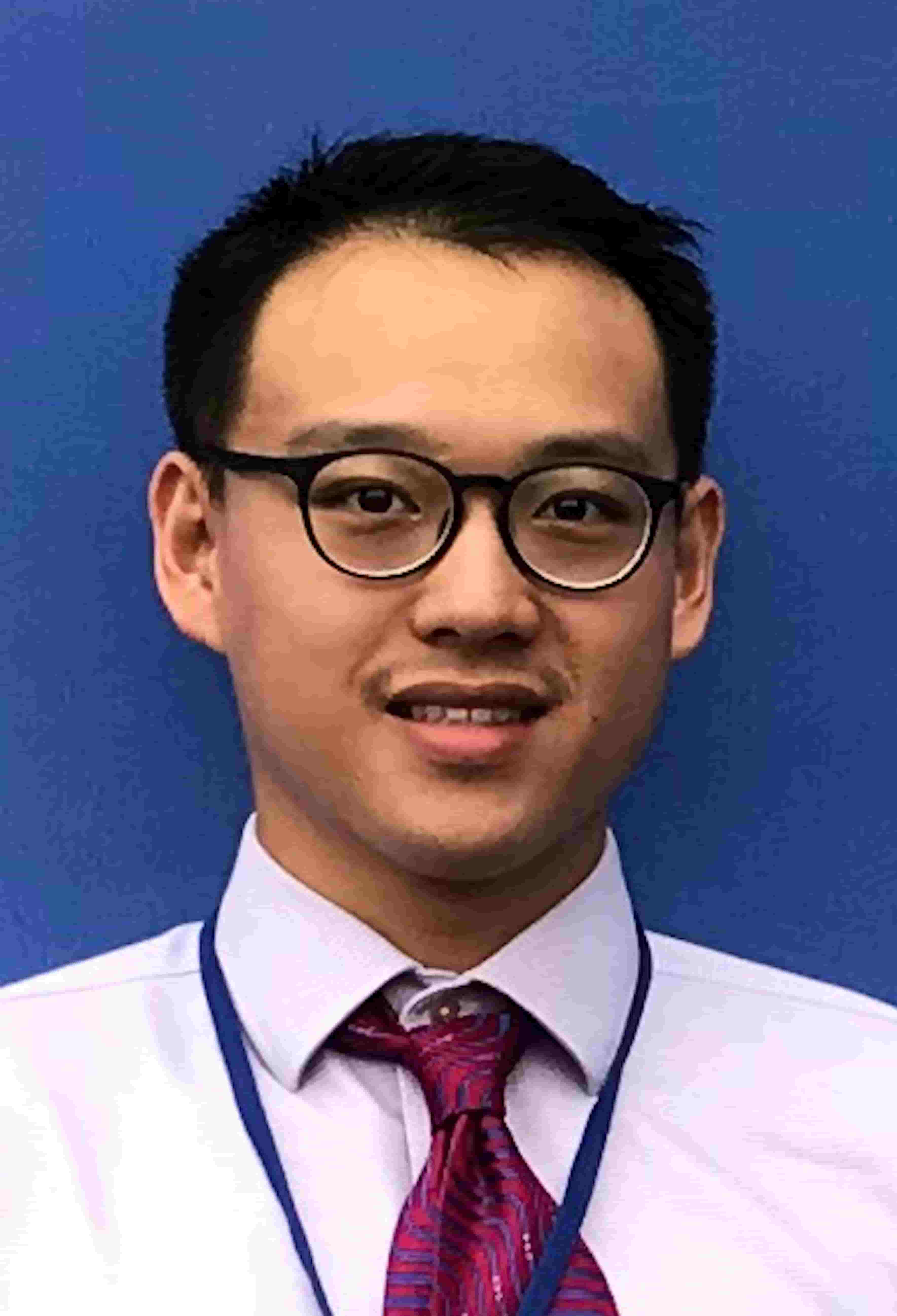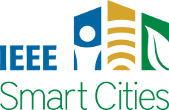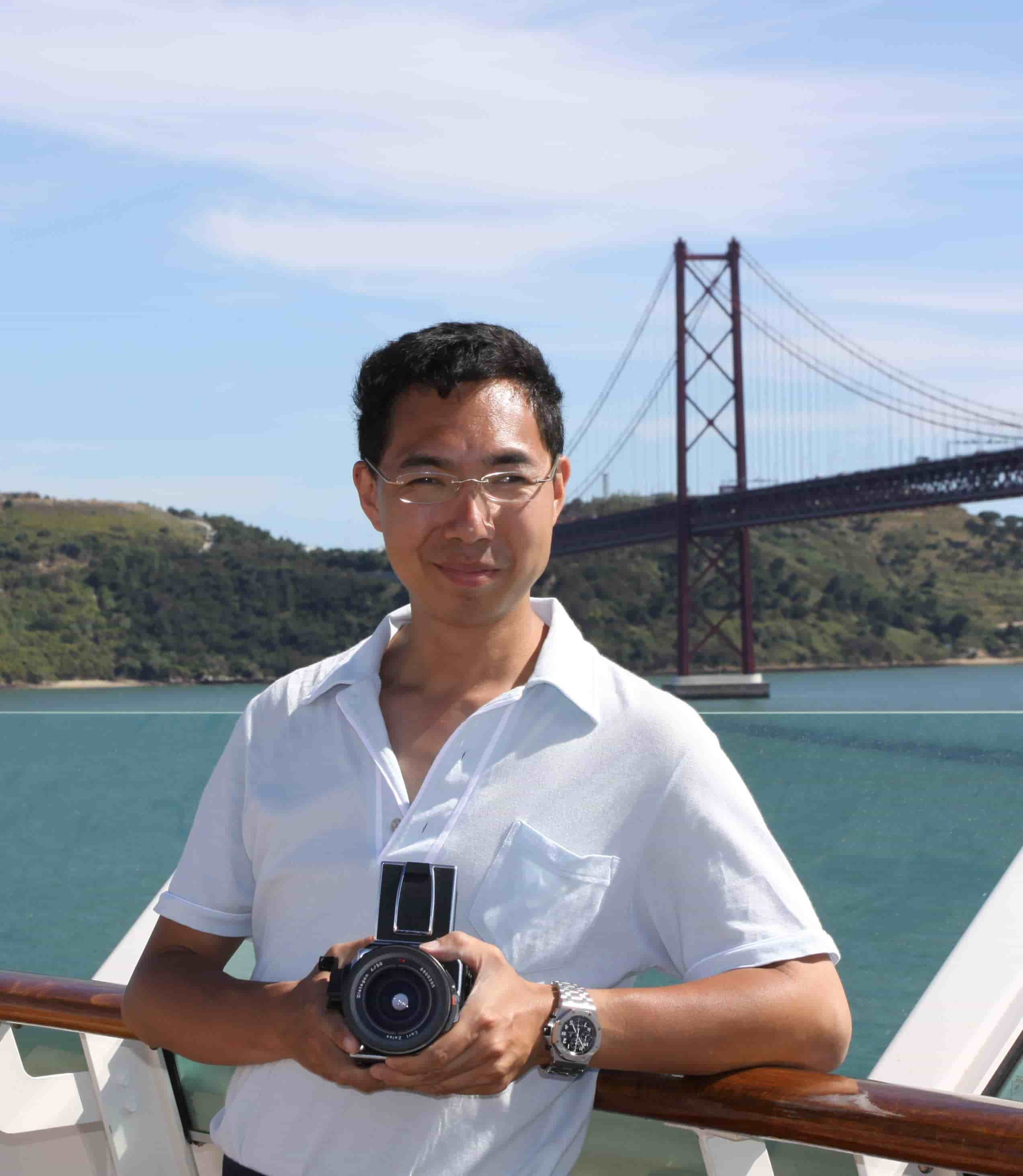Standards Association Discretionary Funded Smart City Study Group
Written by Chun Sing Lai
This standards study group on smart cities was recommended by the Technical Activities Board Committee on Standards (TAB CoS) and sponsored by the Standards Association Discretionary Funding Scheme.
The primary purpose of this call is to use the seed funding to motivate members of Societies and Councils with little to no standards-related activities to consider establishing them. Because standards drive academic research from the laboratory to commercial deployment, new standards related to products and services have the potential to benefit humanity and fit the IEEE mission. These activities could bring individuals together to develop a means to meet a market need using a consensus driven process. This could be a set of definitions, a process, a good practice, a recommendation, a guideline, a regulation, an interoperability specification, etc.
The purpose of this group is to discuss and understand work done on standards related to smart cities from different organisations such as the IEEE, International Electrotechnical Commission (IEC), International Organization for Standardization (ISO) and International Telecommunication Union (ITU). The topics, areas and fields for smart cities, including smart city concepts across different infrastructure and systems components and used across various services at city-scale. It can also be useful to the leaders of small urban areas and larger regional-scale for shaping the environment to create shared value and to provide recommendation and inspiration for developing smart cities.
It is foreseen that through this study group, the following will be achieved:
- With a good and manageable amount of participants for discussions in monthly meetings, the delegates will represent various countries worldwide, such as the UK, US, China, Germany, Italy, Singapore, Australia, Canada, etc. At present, there are 25 persons registered in the group. The monthly meeting minute and information are available to the public. Some delegates from societies which have no standards committee and has an interest to develop one. Also, IEEE Smart Cities, which has been selected for TC2.0, has an interest to develop its standards committee.
- There will be knowledge exchange on smart city materials between group members, including students, researchers, academics, professionals, volunteers, manufacturers, social workers, and retired members etc. This also leads to facilitating collaborations between policymakers (e.g., governmental agencies), different persons from various city domains for example, energy, health, management, transportation, education, building, governance, water, waste and trading.
- The study group has both world-class experts and new blood. It aims to increase student and young professional participation in IEEE Standards development. At present, the newly appointed Group secretary is a PhD candidate working in smart health from the University of Oxford, UK. Also, Hermann Koch, the Group Mentor, was IEEE Standards Association board member in 2003-2007 and was responsible at Siemens for developing, manufacturing, and marketing high-voltage gas-insulated transmission lines from 1991 to 2020. Since 2020, he has been a technical consultant for high voltage gas insulated technologies.
- A critical mass of the study group aims to minimize the risk to over-deliver and provide more standards than the marketplace actually requires or demands. On one hand the standards are complementary, but on the other hand, they could be inconsistent. It is essential that the standards should be useful to generate wealth, be sustainable, be marketable, be affordable by citizens, improving living standards and environmental friendly. It is important to produce a roadmap, deliverables and timescale so that some solid and well-defined objectives could be produced.
As smart city is a multi-disciplinary, multi-objective, multi-dimensional subject, there is a need in diversity of stakeholders. Any readers who have an interest to join this study group are welcome. Please contact Ms Qi Hong Lai, Group Secretary, for information.
This article was edited by Bernard Fong
To view all articles in this issue, please go to July 2022 eNewsletter. For a downloadable copy, please visit the IEEE Smart Cities Resource Center.

To have the eNewsletter delivered monthly to your inbox, join the IEEE Smart Cities Community.
Past Issues
To view archived articles, and issues, which deliver rich insight into the forces shaping the future of the smart cities. Older eNewsletter can be found here. To download full issues, visit the publications section of the IEEE Smart Cities Resource Center.



